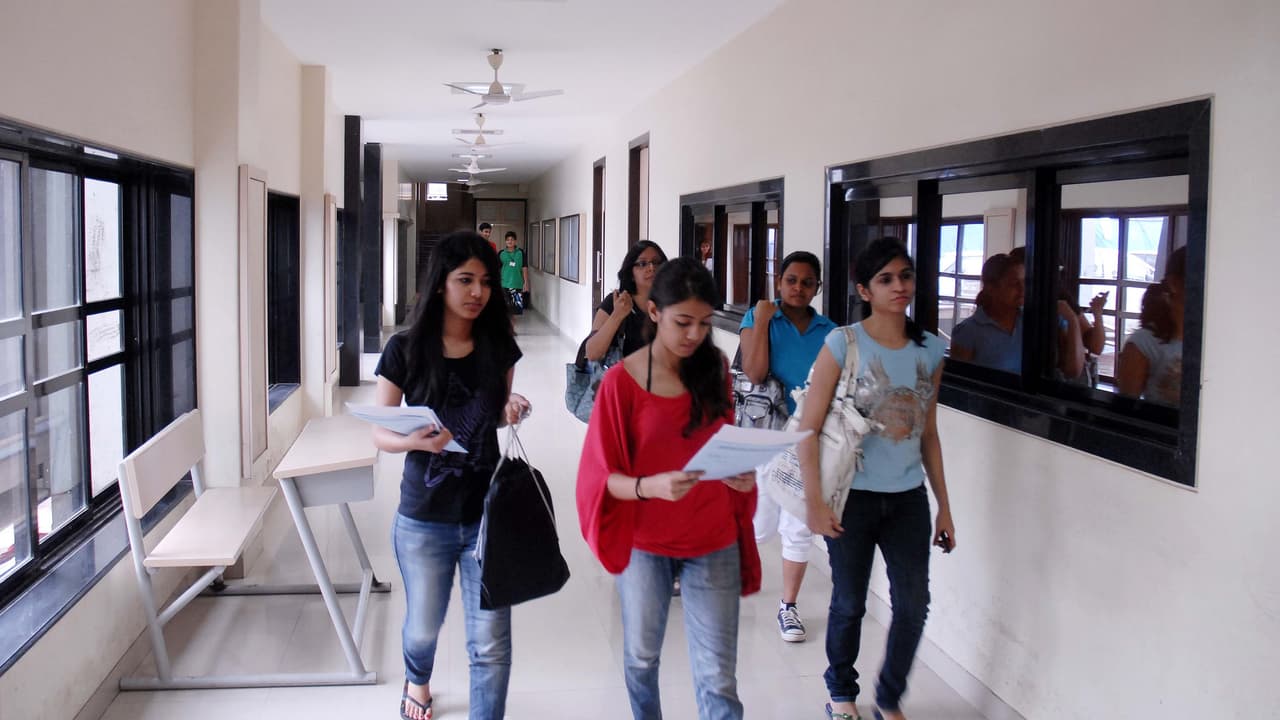While 60% of women felt safe, 40% reported feeling unsafe, particularly at night. Workplace safety was high, but POSH policy awareness remained low. Trust in authorities was also low, with only 25% confident in institutional responses.
Bengaluru: Kohima, Visakhapatnam, Bhubaneswar, Aizawl, Gangtok, Itanagar, and Mumbai have emerged as India’s safest cities for women, according to the 2025 National Annual Report & Index on Women’s Safety (NARI). On the opposite end, cities such as Patna, Jaipur, Faridabad, Delhi, Kolkata, Srinagar, and Ranchi ranked lowest on the index. The report, released on Thursday, August 28, was based on responses from 12,770 women across 31 cities, assessing their perception of safety and related civic parameters. The national safety score was pegged at 65%, with cities being categorized as performing “much above,” “above,” “at,” “below,” or “much below” this benchmark. Most safest cities such as Kohima and Visakhapatnam were recognized for their emphasis on gender equity, women-friendly urban infrastructure, effective law enforcement, and inclusive civic engagement. In contrast, poorly ranked cities like Patna and Jaipur were marked by weak institutional response, deep-rooted patriarchal attitudes, and deficient public infrastructure.
“Cities at the top correlate with stronger gender norms, safer infrastructure, and responsive policing, while lower-ranked cities struggle with systemic and cultural barriers,” the report noted. While 60% of women said they felt generally safe in their city, 40% still described their environment as “not so safe” or “unsafe.” The report highlighted a noticeable decline in perceived safety at night, especially on public transport and in recreational areas. Daytime safety in educational institutions remained high (86%), but dropped significantly after dark or off-campus. At the workplace, 91% of respondents said they felt safe, yet only half were aware of the presence of a POSH (Prevention of Sexual Harassment) policy. Among those who were aware, most found the policies to be effective.
Trust in authorities to respond to safety complaints was low—just 25% expressed confidence in institutional action. While 69% believed current safety initiatives were somewhat adequate, nearly one-third pointed out persistent gaps and areas of failure. Only 65% felt safety had tangibly improved from 2023 to 2024. The report also highlighted ongoing concerns about harassment in public spaces. In 2024, 7% of women said they experienced such incidents, rising to 14% among those under 24. Neighbourhood areas (38%) and public transport (29%) were the most commonly identified harassment hotspots. Alarmingly, just one in three victims chose to report their experience.
The authors emphasized that official crime records do not adequately represent the true scale of the issue. “With two-thirds of incidents going unreported, reliance on police data alone misses the majority of women’s experiences,” the study cautioned, recommending a blend of statistical and perception-based assessments like NARI. Launching the report, National Commission for Women (NCW) Chairperson Vijaya Rahatkar stressed that women’s safety must be seen in a broader context—not merely as a matter of law enforcement, but one that touches every aspect of life, from education and employment to health and mobility. “When women feel unsafe, they hold themselves back. That limits not just their potential, but the nation’s development too,” she said.
Rahatkar outlined four key dimensions of women’s safety: physical, psychological, financial, and digital. She called for attention not only to public crimes but also cybercrime, economic inequality, and emotional abuse. She highlighted progress in some areas, such as the increasing number of women in police forces and public transport roles, as confidence-building moves. “In many Union Territories, 33% of police personnel are now women, which has significantly boosted public trust,” she noted. Initiatives like women’s helplines, expanded CCTV surveillance under smart city programs, and safer railway and bus station networks were also praised. The NARI Index was developed by The NorthCap University in collaboration with Jindal Global Law School, and is published by the Group of Intellectuals and Academicians (GIA).
West Bengal’s Safety Concerns
The Trinamool Congress government, led by Chief Minister Mamata Banerjee, has drawn constant criticism over repeated sexual assault incidents and harassment in recent years. The National Commission for Women (NCW) had taken suo-motu cognisance of the alleged gangrape of a law student at South Calcutta Law College in Kolkata’s Kasba area on June 25, with NCW member Archana Majumdar expressing outrage over the incident. The RG Kar Medical College sexual assault and murder incident occurred on August 9, 2024, when a 31-year-old female postgraduate trainee doctor was found dead in a seminar room on campus. The case led to widespread protests and outrage across the country, with many demanding justice for the victim. The investigation was transferred to the Central Bureau of Investigation (CBI) after the Calcutta High Court expressed dissatisfaction with the police’s handling of the case. The CBI has since arrested several individuals.
